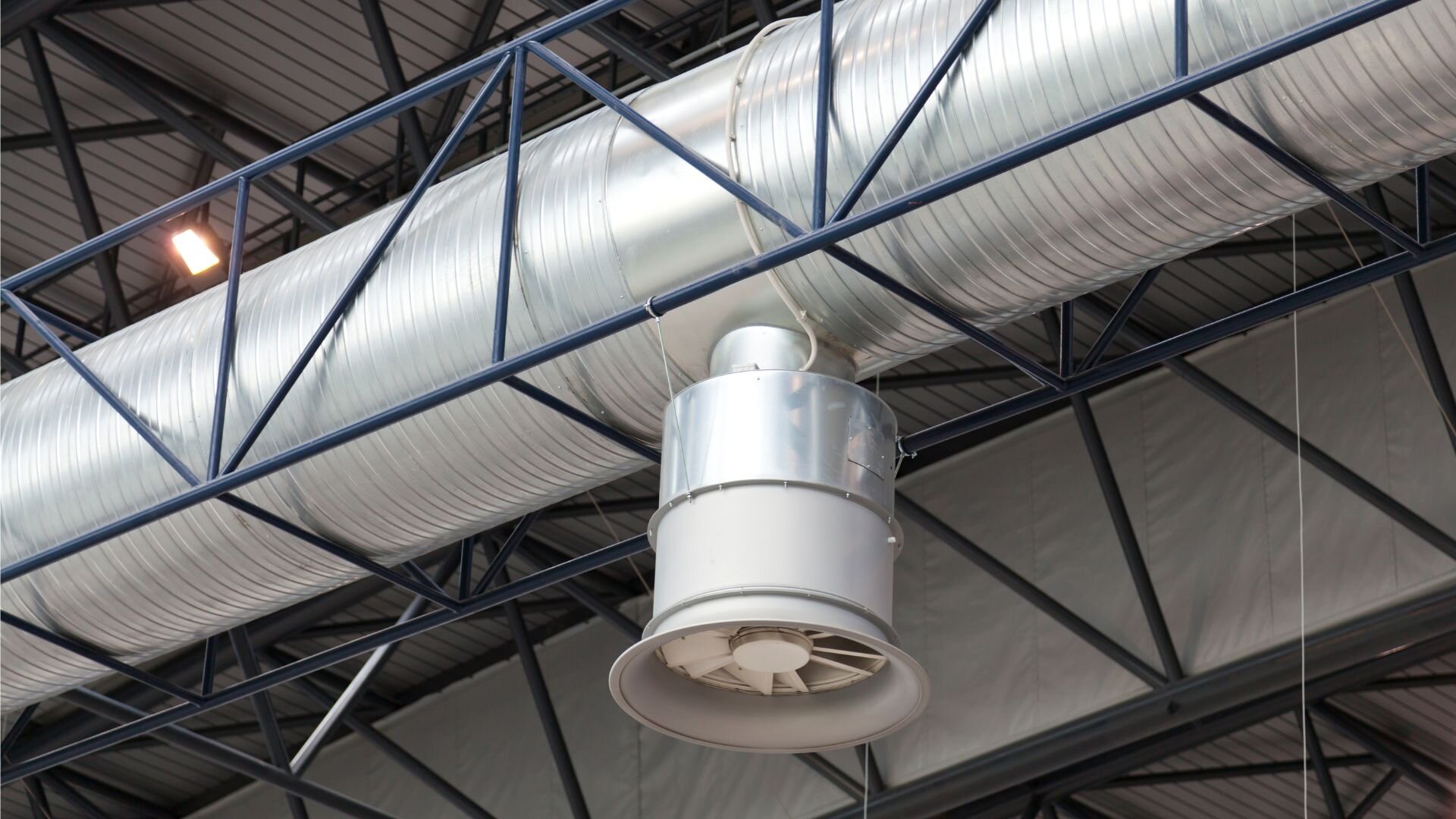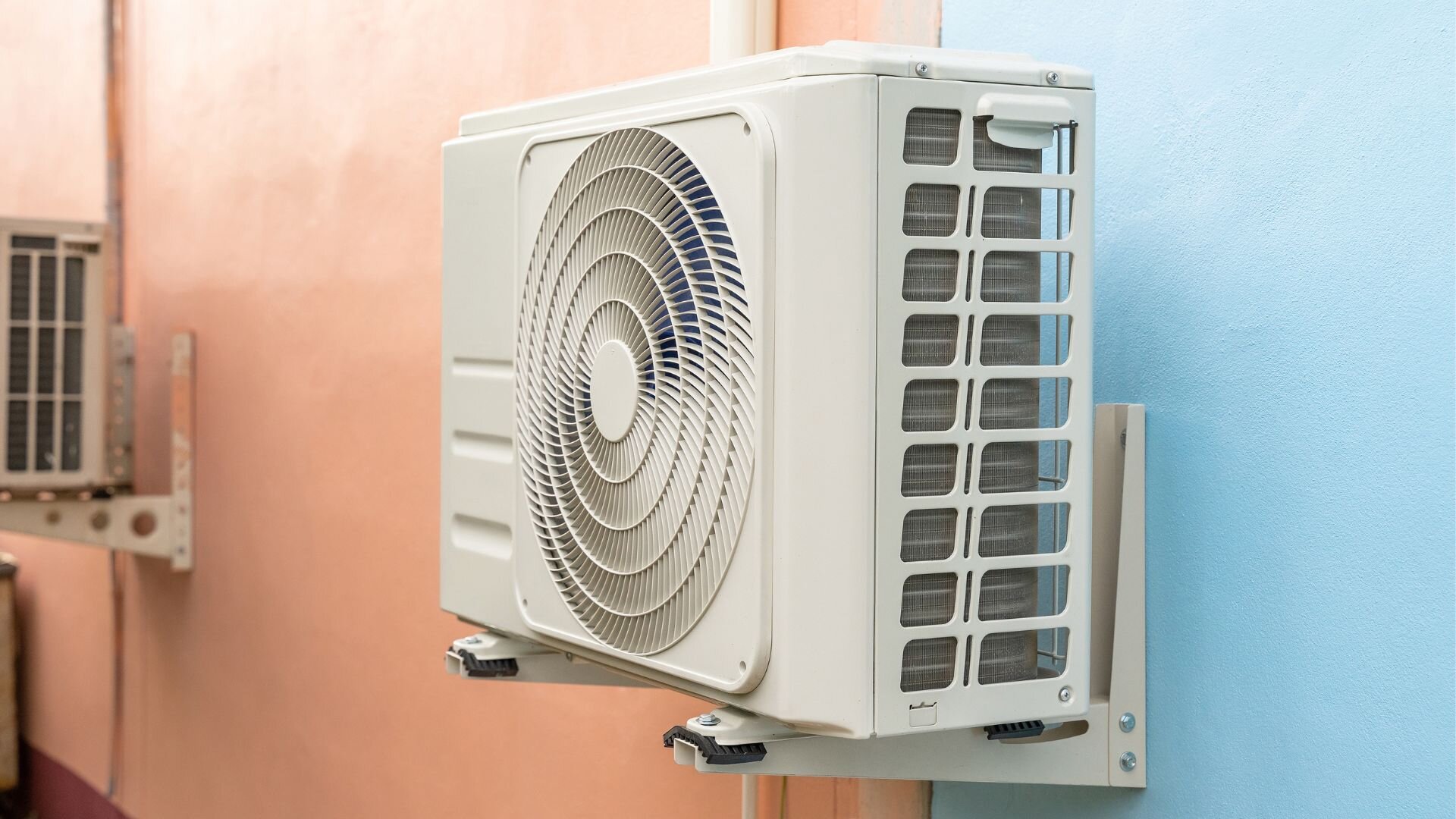Heating and cooling account for nearly 40% of household energy bills in Australia, making them one of the most significant contributors to energy consumption. This raises an important question: Areducted air conditioning systemsoperating as efficiently as they should? While popular for their ability to cool and heat entire homes, these systems often face challenges that can lead to unnecessary energy use.
Let’s delve into the main factors that can influence energy efficiency in ducted air conditioning systems. We’ll look at practical solutions to improve performance, focusing on aspects like correct installation, consistent maintenance, and the role of modern technology and design innovations.
If you’re aiming to cut down on costs, boost comfort, or play a part in a sustainable future, getting familiar with these strategies can truly impact your system’s performance.
Understanding Ducted Air Conditioning Systems
Ducted air conditioning is a central system designed to cool or heat an entire property through a concealed duct network. It consists of key components, including an air handler that processes and circulates air, ducts that transport the conditioned air, vents that distribute it into rooms, and a thermostat to control the temperature. This setup creates a seamless, evenly distributed environment throughout the home.

Many Australian households favour these systems because they provide consistent comfort without intruding on interior aesthetics. The concealed design ensures a clean look, making it a practical choice for modern homes. However, common inefficiencies can impact their performance.
Poorly sealed ducts can lead to air leaks, which waste energy and lower effectiveness. Outdated components, like old compressors or fans, might use more energy than needed. Paying regular attention to maintenance and design is essential to tackle these problems, ensuring your system runs smoothly.
Factors Affecting Energy Efficiency
Several factors influence how efficiently a ducted air conditioning system operates. Addressing these issues can help ensure better performance and lower energy costs.
- Insulation. Insufficient insulation around ducts often leads to significant energy loss as cooled or heated air escapes before reaching its destination. Ensuring that ducts are properly insulated prevents such losses and improves overall efficiency.
- Duct Design. The design of the duct system, including its size, layout, and bends, plays a critical role in performance. Poorly planned designs with sharp turns or undersized ducts can restrict airflow, causing the system to work harder and consume more energy.
- System Maintenance. Aging systems or those lacking regular servicing can lose efficiency over time. Dust build-up, worn-out parts, or unnoticed leaks reduce performance. Routine servicing, including cleaning filters and inspecting ducts, helps maintain optimal operation.
- Thermostats and Zoning Systems. Advanced thermostats allow precise temperature control, reducing unnecessary energy use. Zoning systems enhance efficiency further by enabling targeted cooling or heating in specific areas rather than the entire property. These technologies significantly improve energy management within the system.
Strategies for Better Energy Performance
Improving the energy performance of a ducted air conditioning system requires a mix of professional installation, advanced technology, and routine care.
- Professional Installation. Engaging professionals ensures ducts are sealed and fitted correctly. Poorly installed ducts can leak conditioned air, forcing the system to work harder to maintain the desired temperature. Proper installation eliminates this inefficiency, improving performance and comfort.
- Zoning Benefits. Zoning systems divide a property into separate areas, allowing specific spaces to be cooled or heated independently. This approach avoids wasting energy on unused rooms and provides tailored comfort for occupants. Zoning can significantly reduce energy usage while enhancing convenience.
- Regular Maintenance.Routine servicingis essential to keep a system running efficiently. Cleaning air filters prevents airflow blockages while checking for leaks and servicing mechanical parts maintains overall performance. Regular attention to these detailsreduces energy consumption and prolongs the system’s lifespan.
- Upgrading Components. Replacing outdated parts with modern, energy-efficient options can enhance system efficiency. Inverter technology adjusts the system’s output to match demand, avoiding unnecessary energy use. Smart thermostats offer precise temperature control and scheduling, improving performance and reducing waste.
Choosing the Right System for Your Home
Picking the perfect ducted air conditioning setup means understanding your home’s unique needs and the options you have available.
- Size and Layout. Your home’s size and design are crucial in choosing the appropriate system. A system that is too large or too small for the space can result in poor efficiency and inconsistent performance. Consulting with experts ensures the system matches your property’s requirements, delivering effective cooling or heating without unnecessary energy use.
- Energy Star Ratings. Energy star ratings provide a simple way to compare the efficiency of different systems. Higher-rated systems use less energy to achieve the same comfort level, making them better for long-term savings. Checking these ratings can help identify systems that are both efficient and cost-effective.
- Modern Features. Advanced features such as variable-speed compressors offer consistent temperature control using less energy. These compressors adjust output based on demand, ensuring the system works efficiently. Smart thermostats add more convenience and precision, enabling users to schedule and manage settings easily. Choosing a system with these capabilities enhances comfort and reduces energy costs.
Common Myths About Ducted Systems and Energy Efficiency
Misunderstandings about ducted air conditioning systems can lead to poor choices and higher energy bills. Clearing up these myths helps ensure informed decisions.
- Turning Off the System Saves Energy. Many believe turning off the system completely when leaving the house is more efficient. Restarting the system often consumes more energy as it works harder to reach the desired temperature. A better approach is setting the thermostat to a moderate level during absences.
- All Systems Perform Equally. It is a misconception that all ducted systems work equally regardless of size or installation quality. A poorly sized system or one installed without attention to detail can lead to uneven temperatures and wasted energy. Choosing the right system and ensuring proper installation are essential for efficiency.
- Servicing Is Optional. Some think regular maintenance is unnecessary if the system is functioning. Neglecting servicing can result in clogged filters, hidden leaks, and worn-out components, all of which reduce performance. Routine checks and upkeep are vital to maintaining energy efficiency and extending the system’s lifespan.

Environmental and Financial Benefits
Improving energy efficiency in ducted air conditioning systems benefits the environment and household budgets. Reducing energy use decreases the carbon footprint, contributing to a cleaner and more sustainable future. With less reliance on electricity, these systems conserve resources and reduce greenhouse gas emissions.
Financial savings are another significant advantage. For households with high cooling or heating needs, less energy significantly lowers bills. Modern systems with energy-efficient components are designed to provide the same comfort level while consuming less power. These savings can accumulate, making a noticeable difference in annual expenses.
Government programs often provide rebates or incentives for upgrading to energy-efficient systems, making it easier for homeowners to invest in better technology. These initiatives aim to encourage the adoption of systems that conserve energy while offering improved performance. These programs can further enhance the financial benefits of choosing an energy-efficient ducted air conditioning system.
Partner with the Professionals
Working with experienced professionals is essential for ensuring ducted air conditioning systems operate at their best. Proper installation, regular servicing, and timely upgrades are crucial for energy efficiency and long-term performance.
Enersol Electrical is a trusted provider of ducted air conditioning solutions across the Gold Coast. With a team of skilled professionals, we specialise in delivering tailored services that enhance system efficiency and comfort. Whether you need expert advice, professional installation, or maintenance, we are committed to helping you achieve the best results.
Get in touch with Enersol Electrical today for tailored support and top-notch services. Our expertise makes sure your ducted air conditioning system runs efficiently, cutting energy use and expenses while keeping your home comfy all year. Reach out and let us help you harness your system’s full potential.